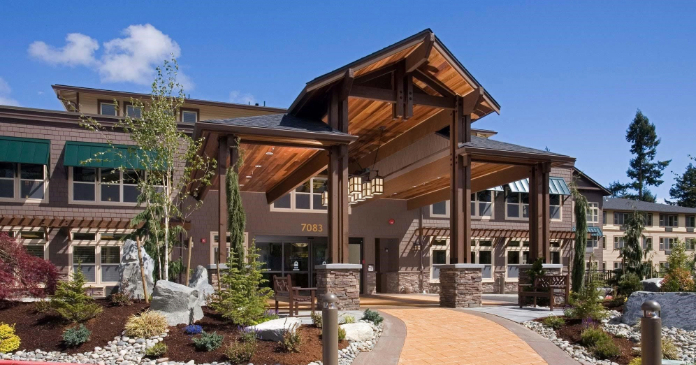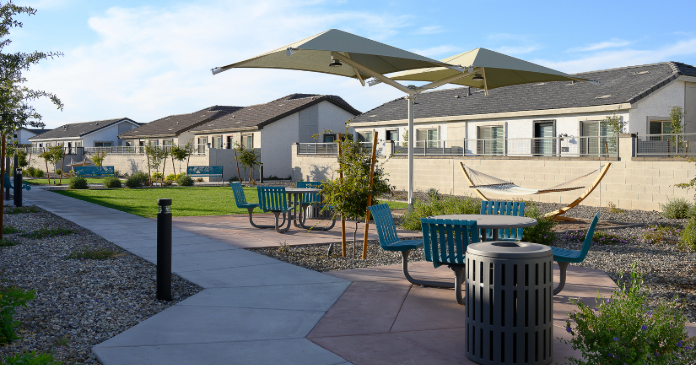Apartment market conditions were mixed in the National Multifamily Housing Council’s Quarterly Survey of Apartment Market Conditions for January. The Market Tightness (46) and Equity Financing (50) indexes showed little change in those conditions from October, while the Debt Financing Index (59) showed improving conditions. By contrast, the Sales Volume Index (33) showed further slowing in property sales.
Notably, a significant majority of respondents found that recent tariffs have driven up costs across the board and in a variety of markets throughout the country.
“While the four indexes each changed somewhat over the last quarter, overall market conditions remained fairly static. Debt market financing conditions improved somewhat over the last three months,” said NMHC Chief Economist Mark Obrinsky. “By contrast equity market financing conditions are little changed, as considerable capital continues to seek investment in the apartment sector.”
The Market Tightness Index increased from 41 to 46
Less than one-quarter (22 percent) of respondents reported looser market conditions than three months prior, compared to 13 percent who reported tighter conditions. Nearly two-thirds (64 percent) of respondents felt that conditions were no different from last quarter.
The Sales Volume Index fell from 44 to 33
This continues the nearly unbroken declining sales volumes that began in October 2016. Slightly less than half of respondents (49 percent) reported lower sales volume from three months earlier, while almost one-third (31 percent) noted unchanged volume. Fifteen percent of respondents, on the other hand, reported higher sales volume.
The Equity Financing Index slid slightly from 51 to 50
Twelve percent thought equity financing was more available than in the three months prior, compared with thirteen percent who believed equity financing was less available. For the eighth consecutive quarter, most respondents (62 percent) reported unchanged conditions in the equity market.
The Debt Financing Index rose from 22 to 59
About one-third of respondents (34 percent) reported better conditions for debt financing compared to the three months prior. Over one-third (39 percent) of respondents reported unchanged conditions, while 15 percent thought that conditions for debt financing had become less favorable.
Similar to last quarter, there was a general consensus that tariffs have driven up costs by some amount, but that tariff-induced delays (and especially cancellations) were less common. The majority (84 percent) of respondents reported higher costs due to tariffs (excluding the 26 percent of respondents who reported “Don’t know/not applicable”). More specifically, 59 percent of respondents saw tariff-related costs rise by a little (less than 5 percent), while another 25 percent saw costs rise by more than 5 percent; only 16 percent did not observe higher costs from tariffs. Yet, well over half (61 percent) of respondents (excluding 37 percent who reported “Don’t know/not applicable”) indicated that tariffs had not caused them any project cancellations or delays. Almost a third (31 percent) reported that tariffs had caused delays but not cancellations, while 8 percent experienced both cancellations and delays.
About the Survey
The January 2019 Quarterly Survey of Apartment Market Conditions was conducted January 15-22, 2019; 112 CEOs and other senior executives of apartment-related firms nationwide responded.
About NMHC
Based in Washington, D.C., the National Multifamily Housing Council (NMHC) is the leadership of the trillion-dollar apartment industry. We bring together the prominent apartment owners, managers and developers who help create thriving communities by providing apartment homes for 39 million Americans. NMHC provides a forum for insight, advocacy and action that enables both members and the communities they help build to thrive.













